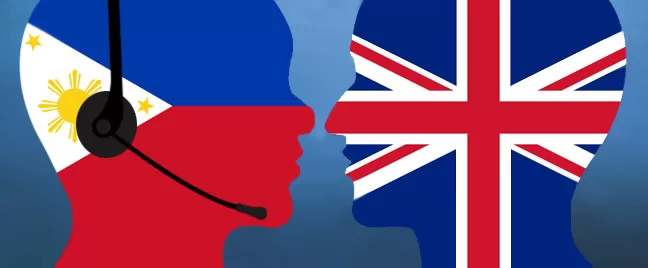“Building a roadmap is not cheap.”
This was what Information Technology and Business Process Outsourcing Association of the Philippines (IBPAP) President Jose Mari Mercado said, referring to the set of plans and goals for call centers in the Philippines and other firms offering outsourced services in the country.
That’s why IBPAP is scouting for monetary resources, specifically from the government, to fund the business process outsourcing (BPO) industry’s roadmap for 2020.
Local industry players financed the previous studies, but Mercado stressed the need for government support. He added that it’s not easy for private organizations to keep shelling out to commission an industry study.
The IBPAP president did not disclose the exact amount the association needs to formulate the research, but he stressed its costliness, noting that it took a whole year to finish the previous industry roadmaps. The 2010 roadmap, for example, was started by McKinsey & Company in 2006 and completed it in 2007. The second roadmap, the one IBPAP currently bases on for the industry’s 2016 goals, was done by Everest Group in 2009.
Roadmap 2020
The 2020 report will cover the projection for outsourcing market’s health, both global and regional, after 2016. The Philippine IT-BPO industry will see from there if the current dominance of the voice service sector would wane, or if back office jobs or complex IT support would eventually take over.
Mercado expressed the industry’s interest in knowing how many clients would seek the services of animators, gaming firms, and call centers in the Philippines. He added, “We want to look at what are the sectors, what technology will be like but we need enough data to back that up.”
Benefit of the government
IBPAP expects the Philippine IT-BPO sector to climb the value chain in six years, and part of that upward move is determining the jobs and new areas that the market would demand by then. Another matter that the new roadmap would tackle is the IT-BPO industry’s penetration of the provincial locations.
As these findings would also help map the future of the country’s education, employment, and infrastructure, funding the roadmap proves to the beneficial to the government.
For one, the Technical Education and Skills Development Authority (TESDA) might need to add mobile software development trainings, as Mercado sees more companies demanding for iOS and Android proficient talents in 2020. Responding to this probable demand hike, IBPAP is partnering with educational institutions to incorporate a 21-unit minor in Service Management Processing for computer and business courses.
The association also seeks to balance the IT-BPO company distribution in the National Capital Region and in provinces by putting up more outsourcing hubs in regions outside Metro Manila. As of 2012, 72% of IT-BPO operations concentrate in the main metropolis while only 28% are in the provinces. The current roadmap targets to reduce the 72:28 ratio to 60:40, which will be the basis of the new roadmap’s target ratio.
Mercado concluded that the government should consider power costs, telco reliability, and talent availability for provincial operations to come out successful.
Open Access BPO grew from a telemarketing startup to an all-around outsourcing firm that provides its clients voice and non-voice solutions including web development and rich media development.


